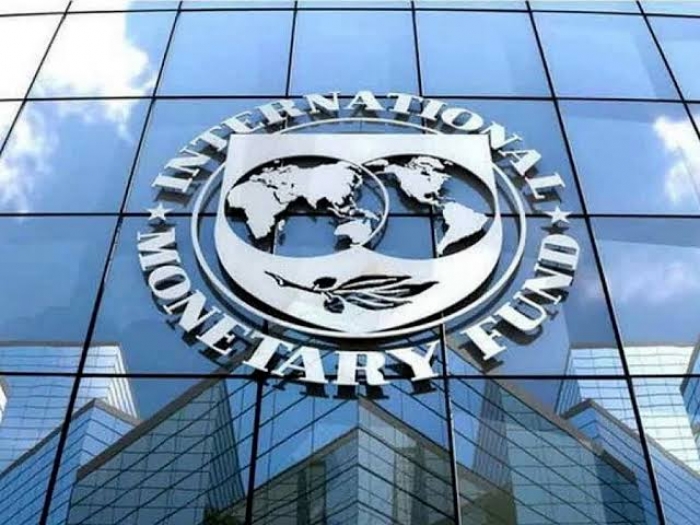June 06, 2025
Nigeria now Africa’s top cement exporter, says Aliko Dangote
by Super User
Nigeria has transformed from being the world’s second-largest cement importer to becoming Africa’s leading cement…
June 02, 2025
Afenifere blasts Tinubu: ‘Midterm report shows woeful failure, economic deforms, and rising despair’
in POLITICS
by Super User
The pan-Yoruba socio-political organization, Afenifere, has issued a scathing midterm assessment of President Bola Tinubu’s…
June 07, 2025
Are boiled eggs good for you? Here's what experts say
in FEATURES
by Super User
Caroline C. Boyle If you’re after a nutrient-dense breakfast, boiled eggs are a quick and…
June 07, 2025
‘Nigerians are marrying all our daughters’, Kenya’s President Ruto, cries out
in Strangely
by Super User
Kenyan President William Ruto has stirred up a storm on social media with his provocative…
June 06, 2025
Gunmen kill two policemen, abduct Chinese in Kwara
in Crime
by Super User
The Kwara State Police Command on Thursday confirmed the killing of two policemen and the…
June 07, 2025
What to know after Day 1199 of Russia-Ukraine war
in WARS
by Super User
WESTERN PERSPECTIVE Six killed, 80 wounded in intense Russian air attacks on Ukraine Russia launched…
June 06, 2025
Common supplements and medications could cause liver damage, studies show
Melissa Rudy Arun Sanyal, M.D., director of the VCU Stravitz-Sanyal Institute for Liver Disease and…
May 13, 2025
Nigeria's Flying Eagles qualify for World Cup after dramatic win over Senegal
in Sport
by Super User
Nigeria's U-20 national football team, the Flying Eagles, have secured their place at the 2025…

































































